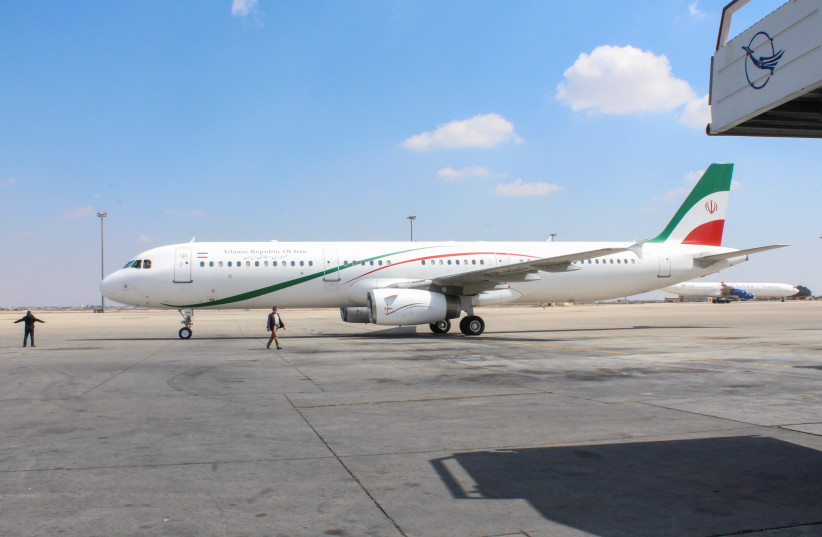Syria and Egypt signed a gas supply agreement this week that is supposed to help Lebanon and will also benefit Damascus.
According to reports at the website Offshore Technology, “the gas import agreement was signed by Lebanese Energy Ministry Oil Facilities Director-General Aurore Feghali, Egyptian Natural Gas Holding Company (EGAS) chairman Magdy Galal, and the Syrian’s General Petroleum Corporation director Nabih Khrestin.”
Under the deal, 650 million cubic meters of natural gas per year will be sent from Egypt to Lebanon via Syria. Oddly, this is also part of a “US-backed effort to address Lebanon’s crippling blackouts with electricity and gas transfers,” Reuters said. That means that even as the US sanctions the Syrian regime, it accepts that the regime is now a conduit for Lebanon’s energy needs.
As such, the Syrian regime stands to benefit greatly from this deal. The regime can now sit astride this energy supply, siphon it, blackmail the region, and potentially use it to its benefit in discussions with Jordan, Iraq and Iran – and perhaps even Turkey or Russia.
The deal could also enable Syria to portray Israel as destabilizing the deal because Israel opposes Iranian entrenchment in Syria. Recently, Russia slammed Israel for an alleged strike on Damascus Airport.

The deal was signed in Beirut. Gas will supposedly be piped to Lebanon’s northern Deir Ammar power plant.
“Deir Ammar is one of several plants in Lebanon that can run on both gas and diesel, but use the latter as the gas pipeline has yet to come online,” Reuters says.
It looks like the Syrian regime wins, but so do Hezbollah and Lebanon. Hezbollah and Iran have previously brokered deals to try to keep Lebanon afloat. Indeed, Hezbollah might be able to use this deal to its benefit. According to reports, it is because the World Bank and the US are involved.
Of course, it is in the interests of the US and others that Hezbollah and the Syrian regime reap no benefit. Egypt has amicable relations with the Syrian regime, so it doesn’t mind if Damascus benefits. Meanwhile, Jordan may wonder if this agreement means that Syria will continue to let pro-Iran militias traffic drugs in the region.
Lebanon has suffered from power outages and economic collapse over the last several years. This is due, in part, to Hezbollah’s ambition to run a state within a state in Lebanon via its own communications network and hijacking of various government systems.
“To ease the power crunch, a plan was floated last year for Lebanon to receive electricity from Jordan and natural gas from Egypt, both via Syria, which would add up to 700 MW to Lebanon’s grid,” Reuters says. “The World Bank had agreed to provide financing if Lebanon enacts long-awaited power sector reforms to reduce waste and boost tariff collection.”
Reports say that Syria may receive some of the gas, but won’t get cash from the agreement. This is to smooth the way for Syria to accept the agreement, but to prevent US sanctions from being slapped on the plan.
It remains to be seen how this deal will work. If it works – and the World Bank is involved and the US gives some form of sanctions – then Lebanon and Syria will be knit into a new trade network with Jordan and Egypt. This will end the isolation of both countries. It would be surprising, however, if the Iranians and other nefarious actors did not try to get involved somehow.
This energy deal has a lot of potential, but also a glaring downside. It may result in the Syrian regime and Iran using it as cover to increase the use of militias and trafficking of weapons.
